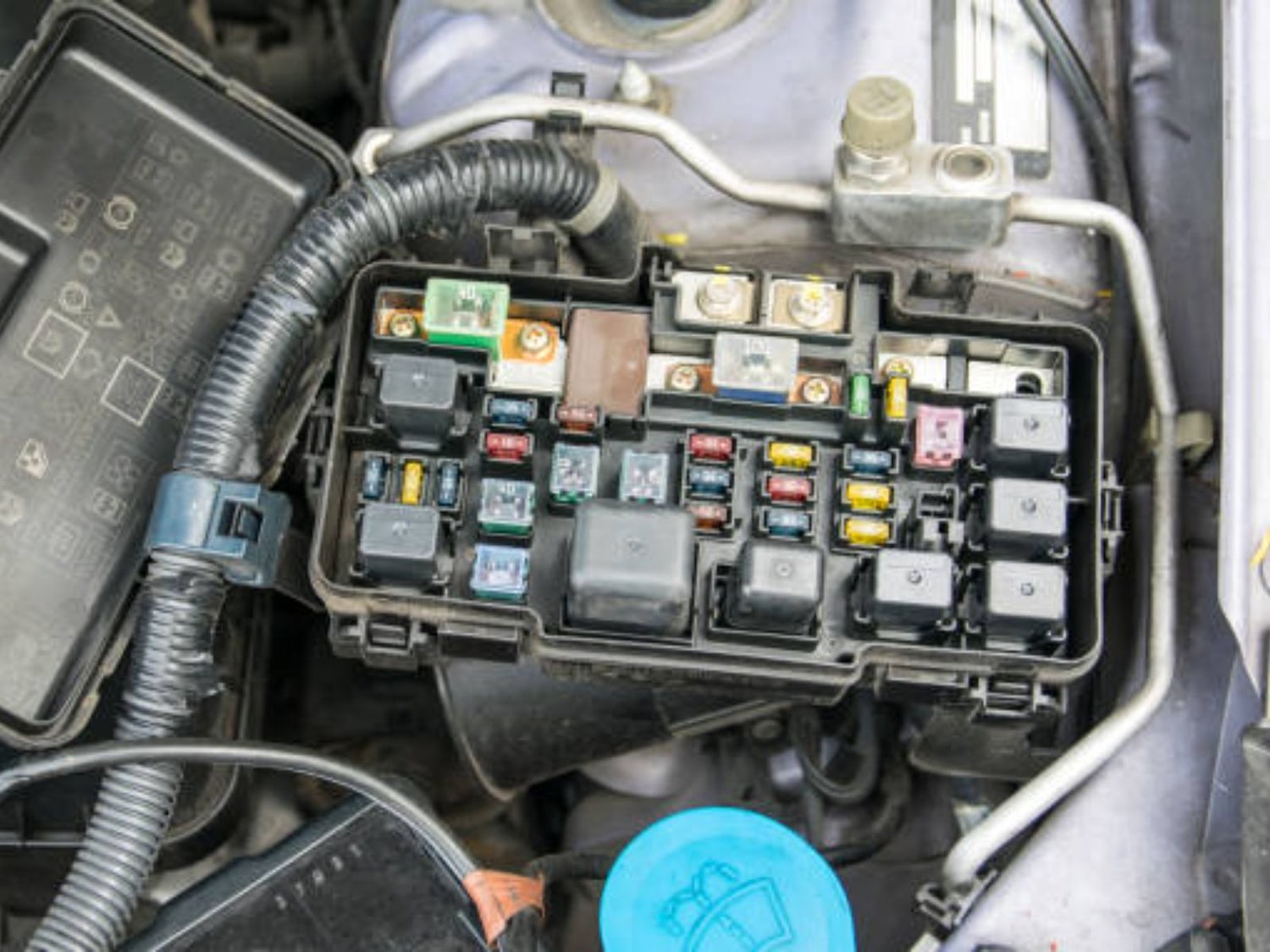What is a Battery Controller and a BMS?
Battery controllers and Battery Management Systems (BMS) are electronic devices used in battery systems. They both perform different functions, yet are similar in some ways. In this article, we will take a more in-depth look at battery controllers and BMS, including their differences and similarities.
What is a Battery Controller?
A battery controller is an electronic device that manages the charging and discharging of individual batteries within a battery bank. It regulates the amount of current flowing into and out of batteries. It ensures that batteries are not overcharged, which could cause damage, or undercharged, which could reduce their lifespan. Battery controllers are commonly used in solar power systems, electric vehicles, and backup power systems.
What is a BMS?
A Battery Management System (BMS) is an electronic device that manages the health of a battery pack. It is designed to monitor and balance the voltage levels and temperature of individual battery cells within the pack. This helps to prevent overcharging, overheating, and other potentially damaging conditions. BMS are frequently used in electric vehicles, stationary battery storage, and renewable energy systems.
The differences between Battery Controllers and BMS
The primary difference between battery controllers and BMS is their level of sophistication. A battery controller is a simpler device that only manages charging and discharging within a battery bank. A BMS, on the other hand, is a complex system with multiple features that keep the health of a battery pack in check.
Functions
A battery controller only regulates the amount of current flowing into and out of batteries. A BMS goes beyond this function and monitors and balances the voltage and temperature levels of each battery cell in the pack.
Pack Configuration
Battery controllers can be used in any battery bank configuration, such as parallel or series. BMS are primarily designed for use in series battery packs, where the voltage levels of individual cells must be managed to avoid overcharging or undercharging.
Failsafe features
BMS typically feature failsafe mechanisms, such as disconnecting the battery pack from the load to protect it from damage in case of a malfunction. Battery controllers do not usually come with this feature.
The similarities between Battery Controllers and BMS
Battery controllers and BMS share some functions and are capable of similar tasks. Here are some similarities.
Charging and Discharging
Both battery controllers and BMS regulate the amount of current flowing into and out of batteries. They ensure proper charging and discharging and prevent overcharging or undercharging of the batteries.
Battery Protection
Battery controllers and BMS protect the batteries from damage by monitoring their performance and maintaining proper voltage and temperature. This helps them to extend the lifespan of the batteries in the system.
Which is better?
The choice between a battery controller and a BMS depends on the application. For small systems, such as off-grid solar systems or RV battery setups, a battery controller is adequate. For larger systems, such as electric vehicles or stationary battery storage, a BMS is the better choice due to its more advanced features and failsafe mechanisms.
Conclusion
Battery controllers and BMS are both essential components of battery systems. They perform different functions and have different levels of sophistication. Choosing the right device depends on the application and the size of the battery system. Both devices are essential for keeping batteries healthy and prolonging their lifespan.

